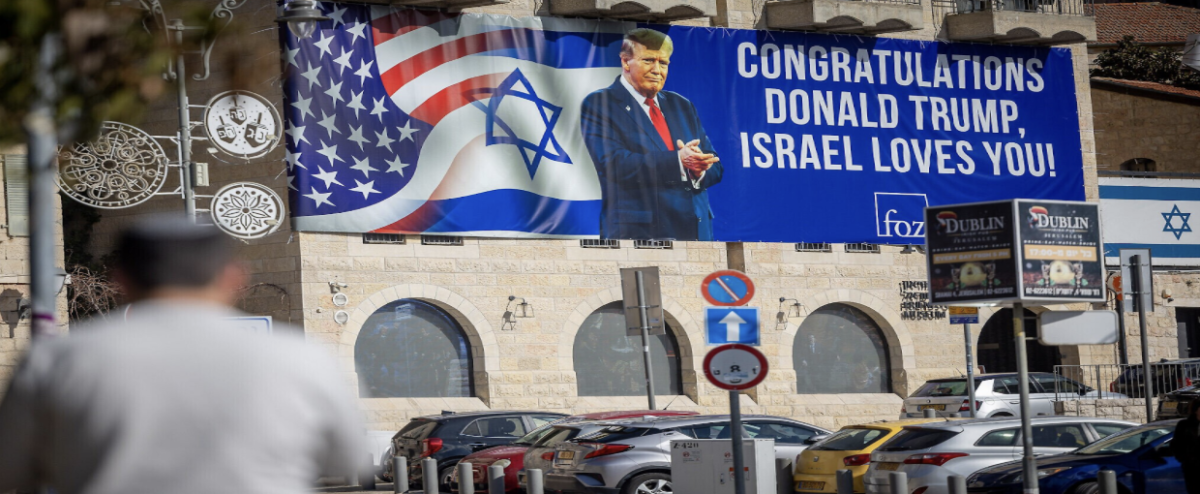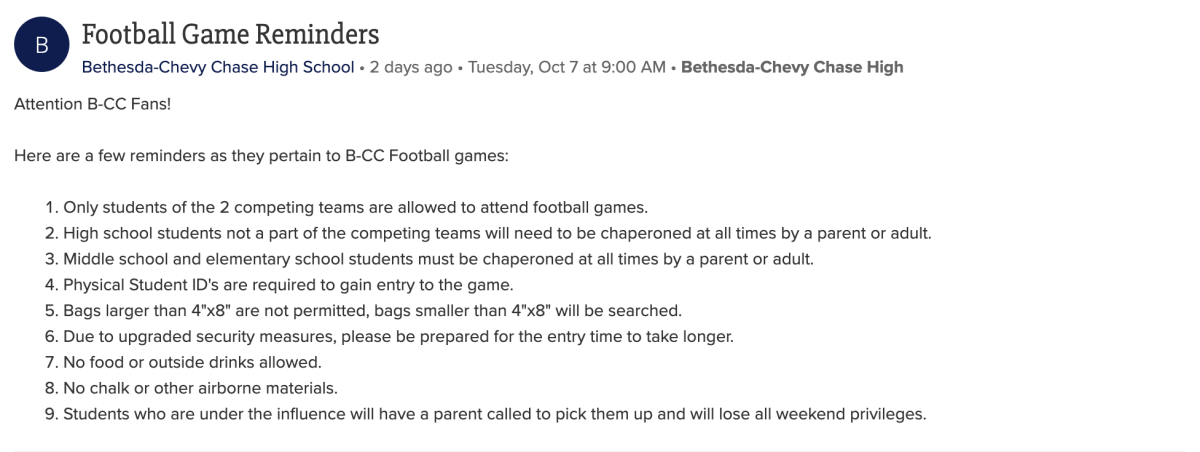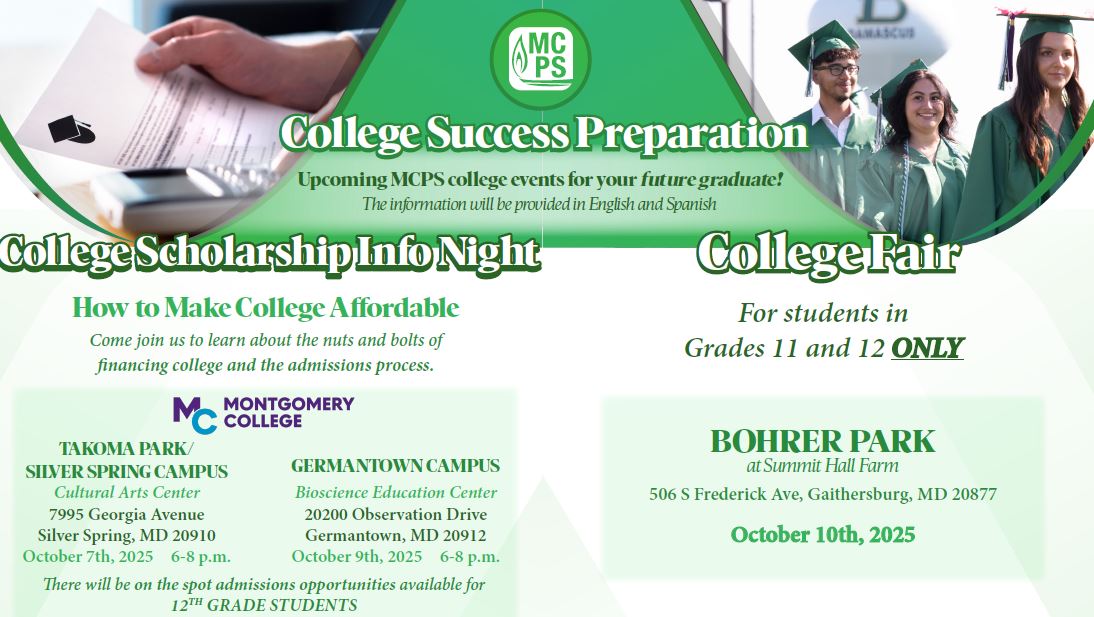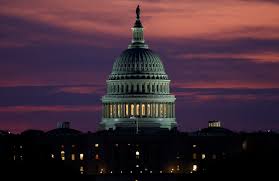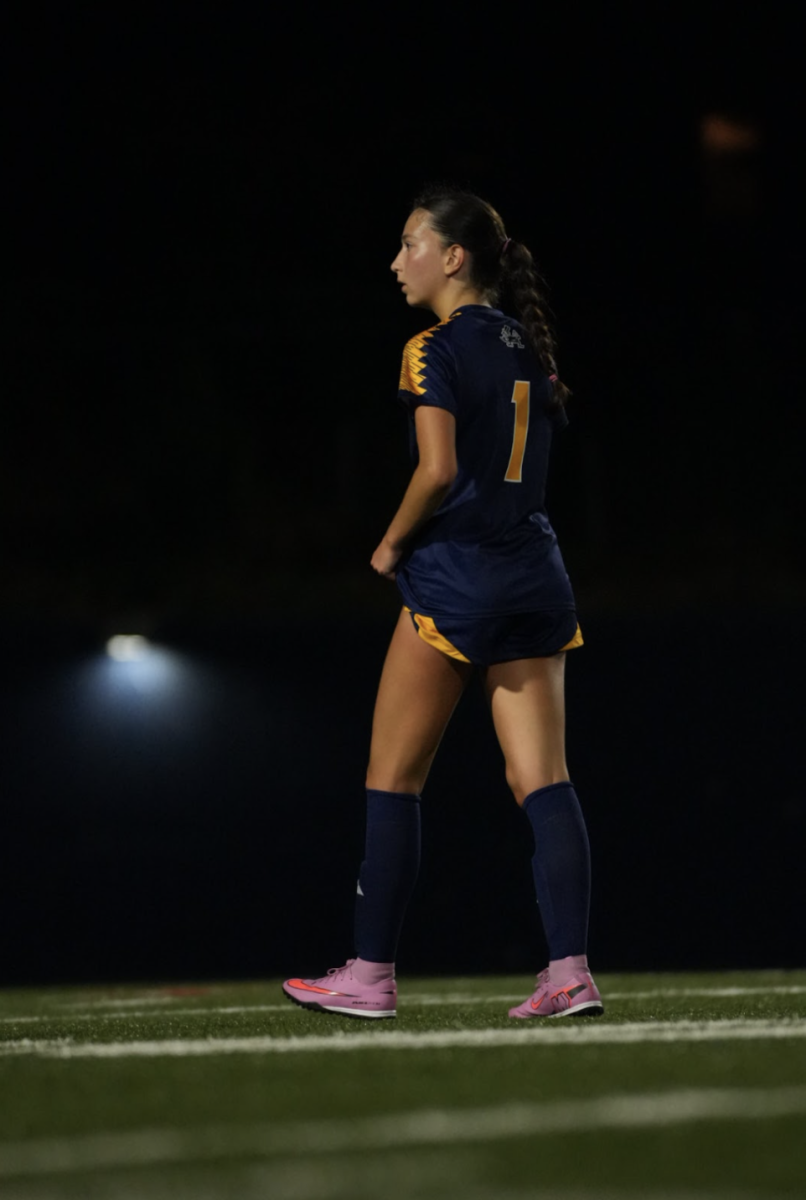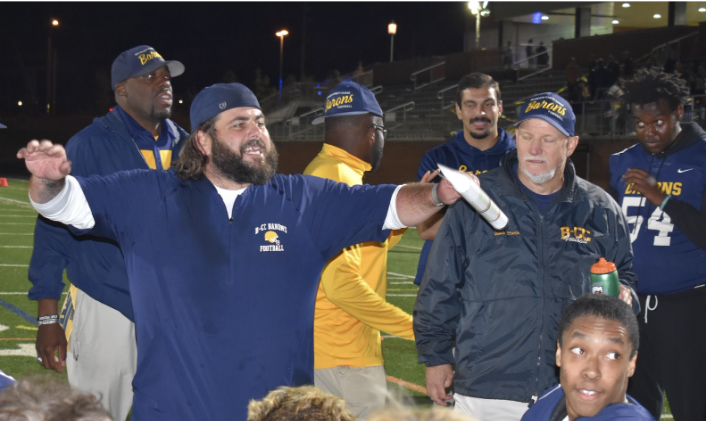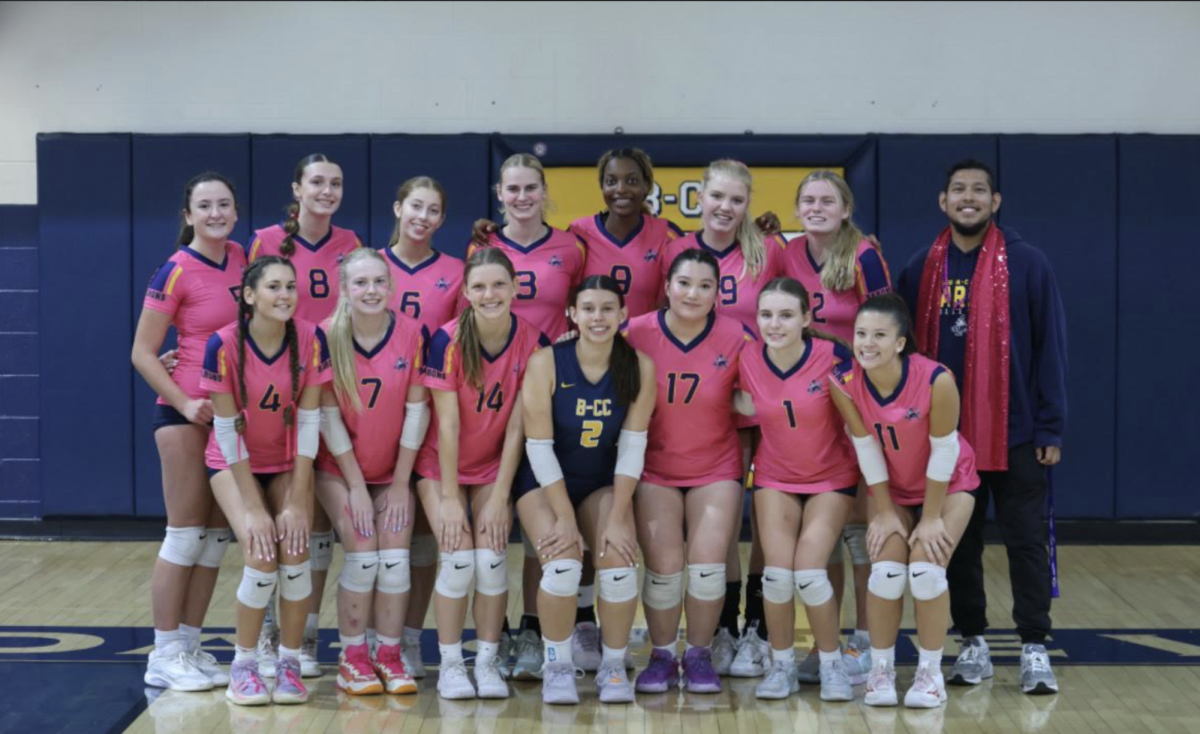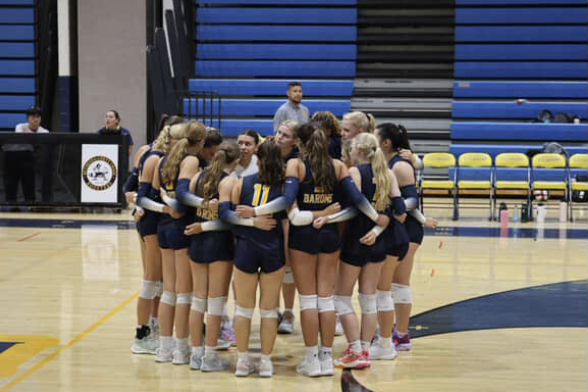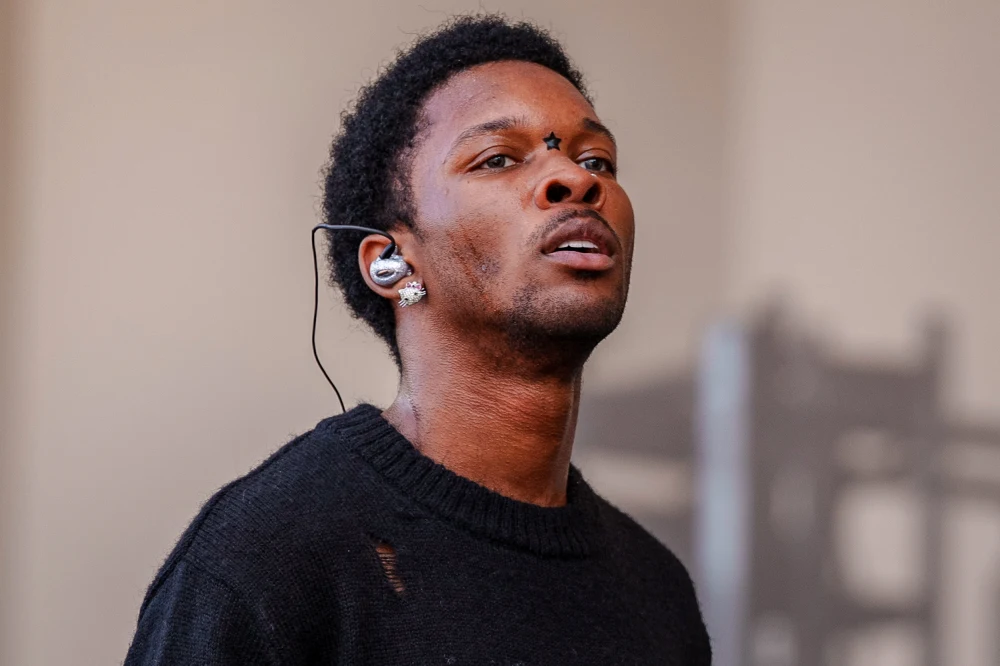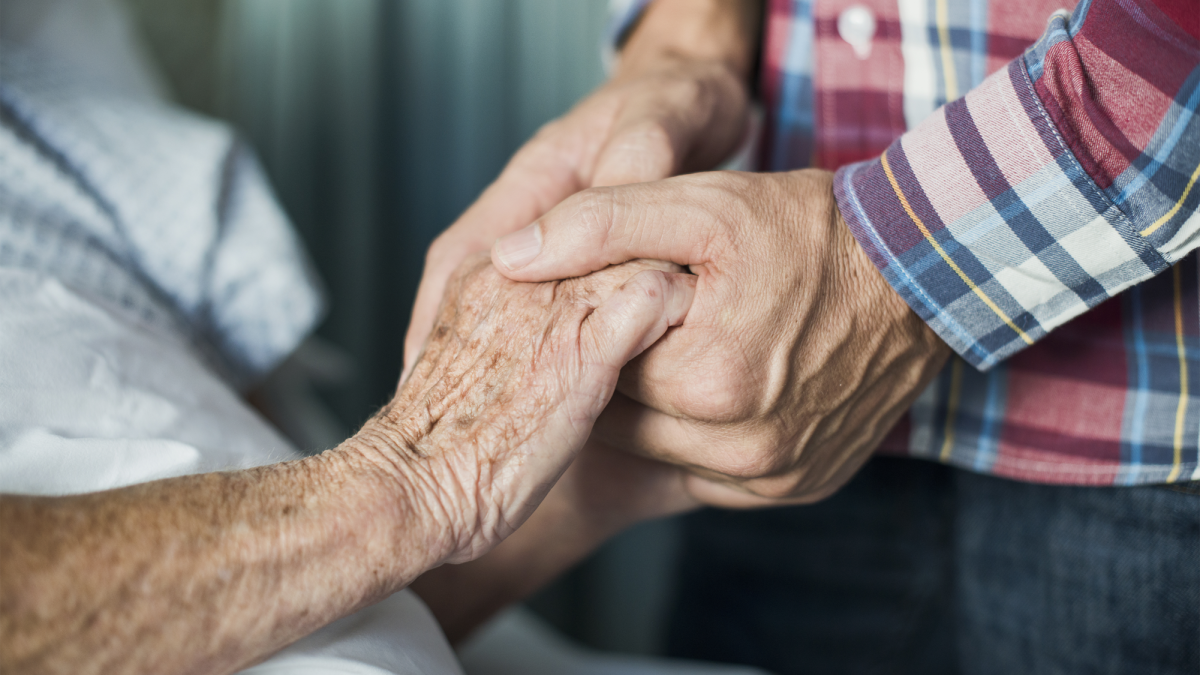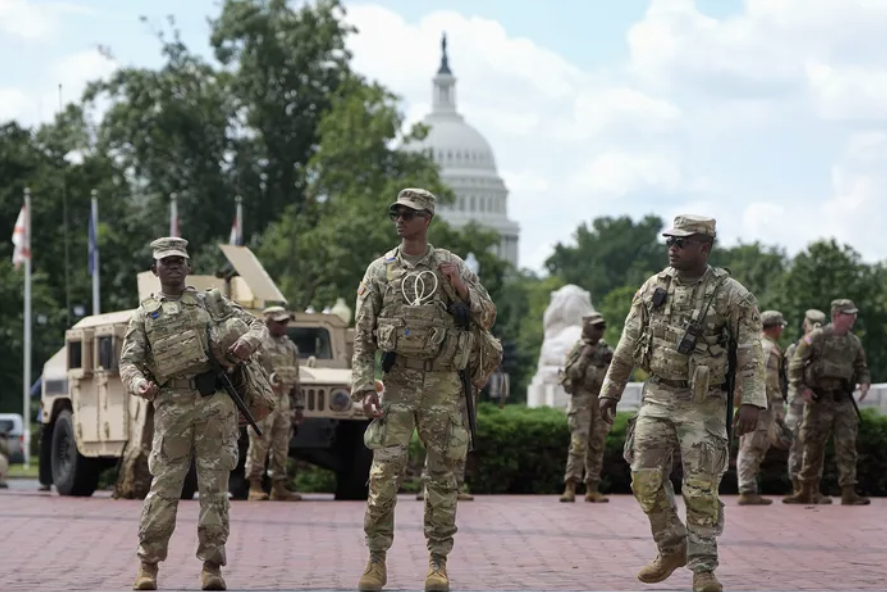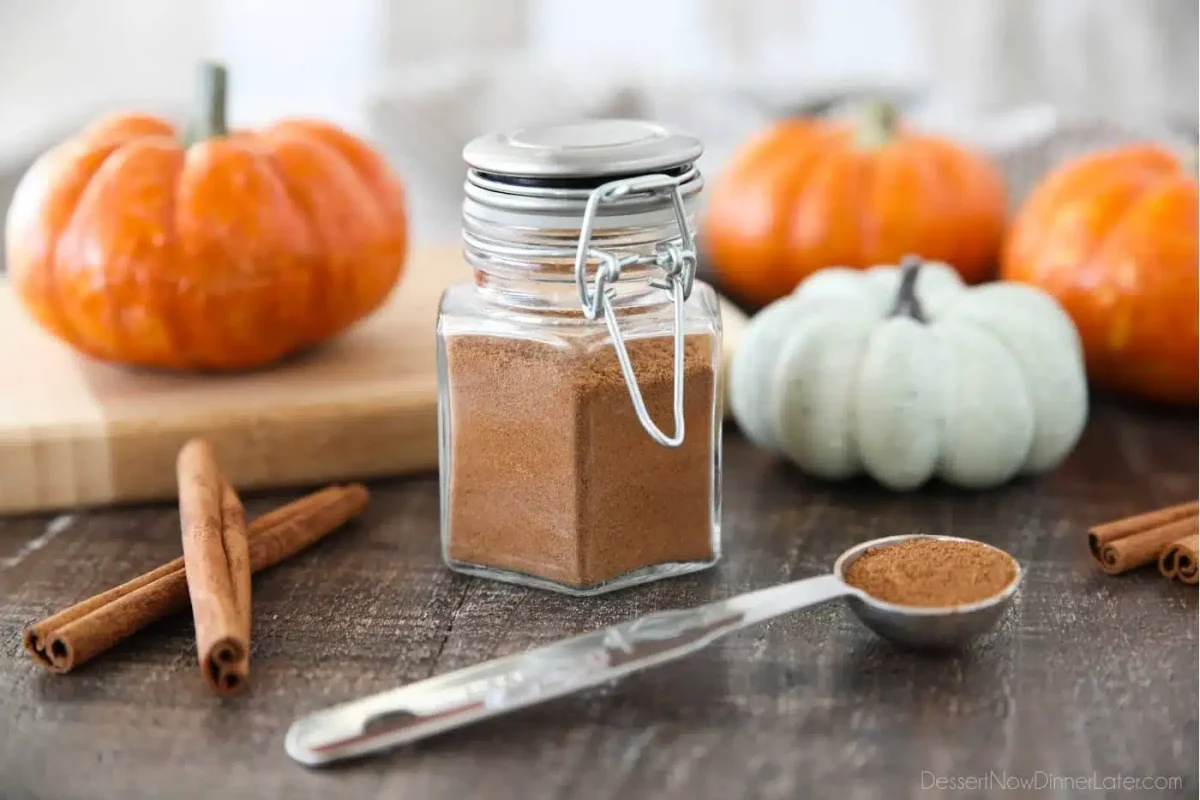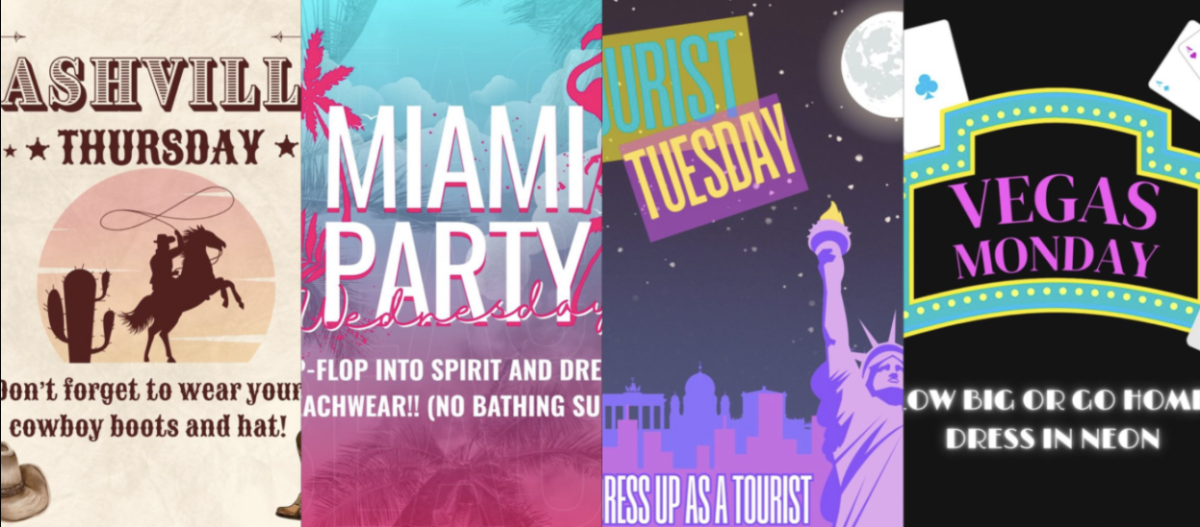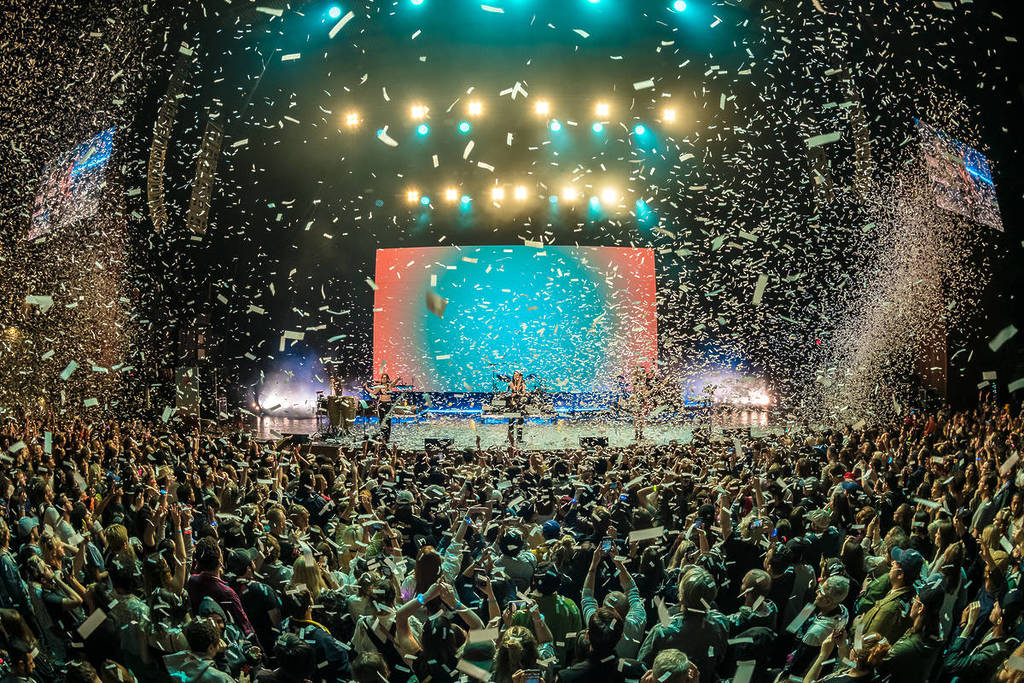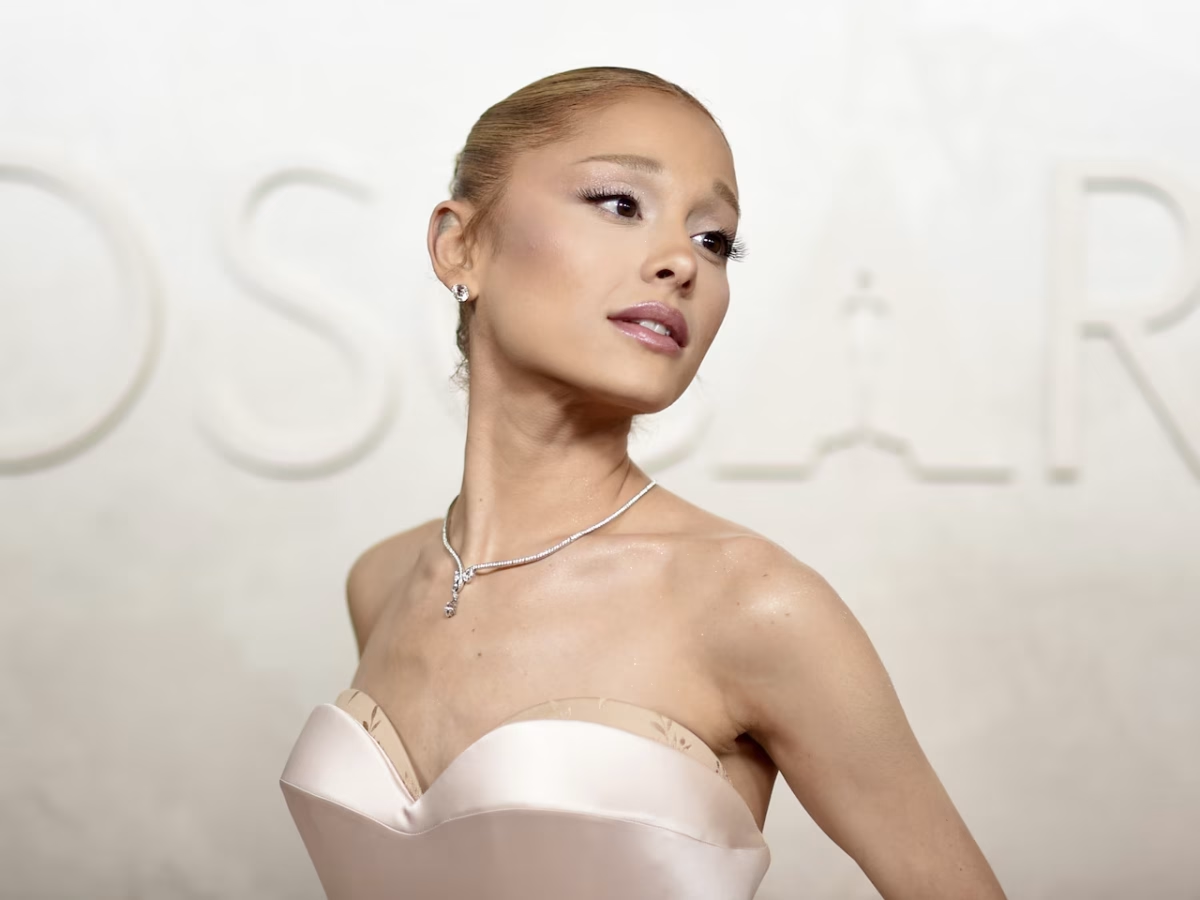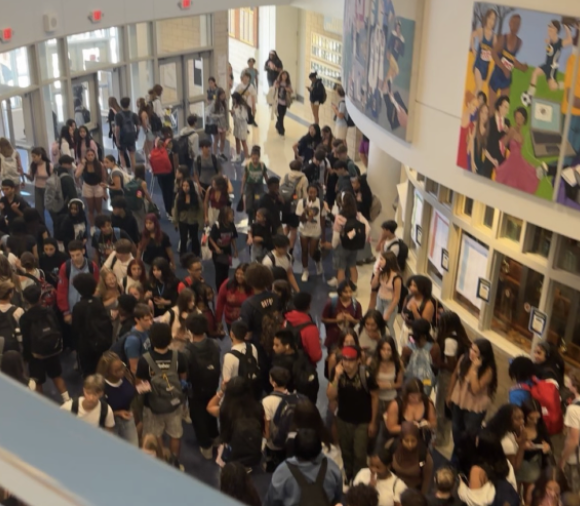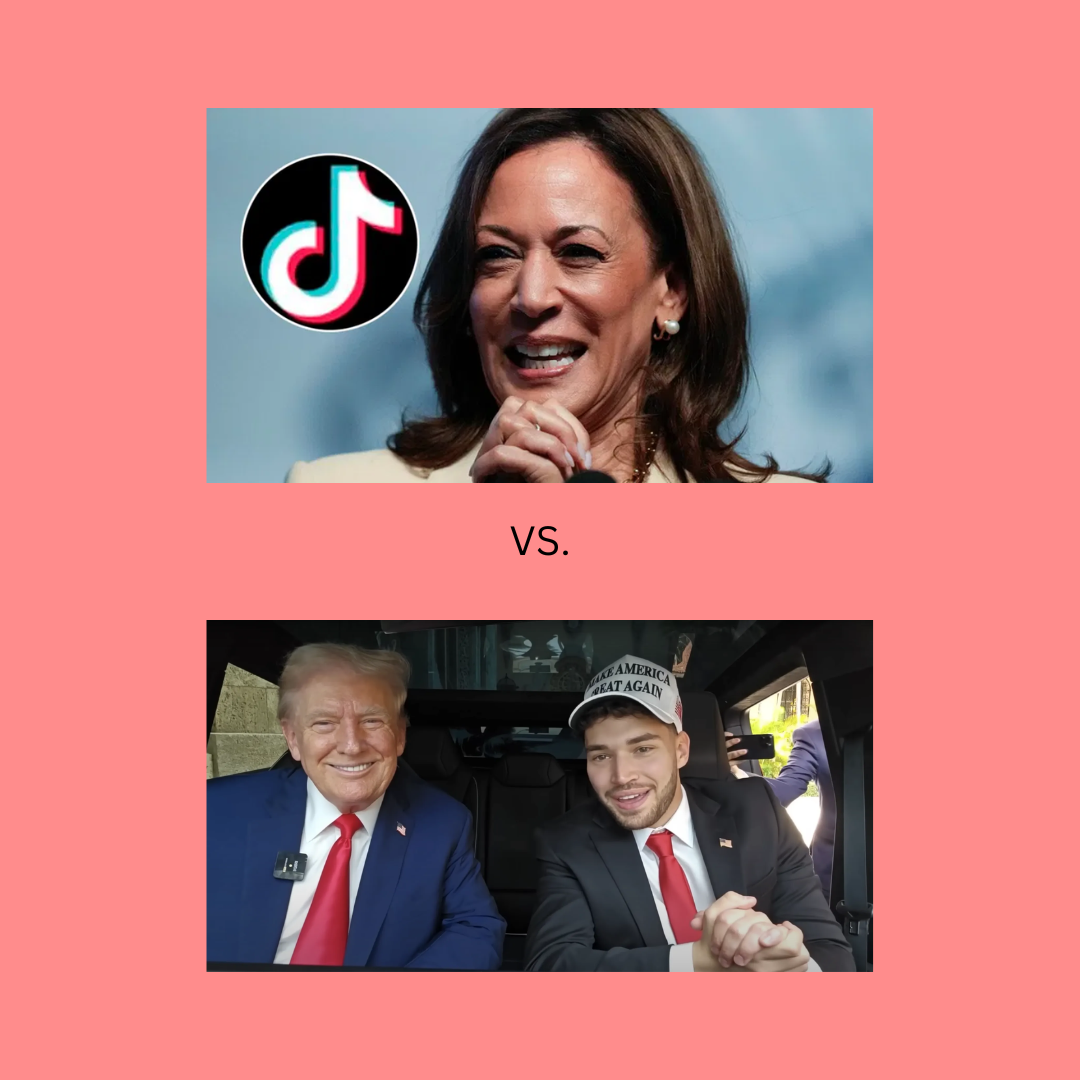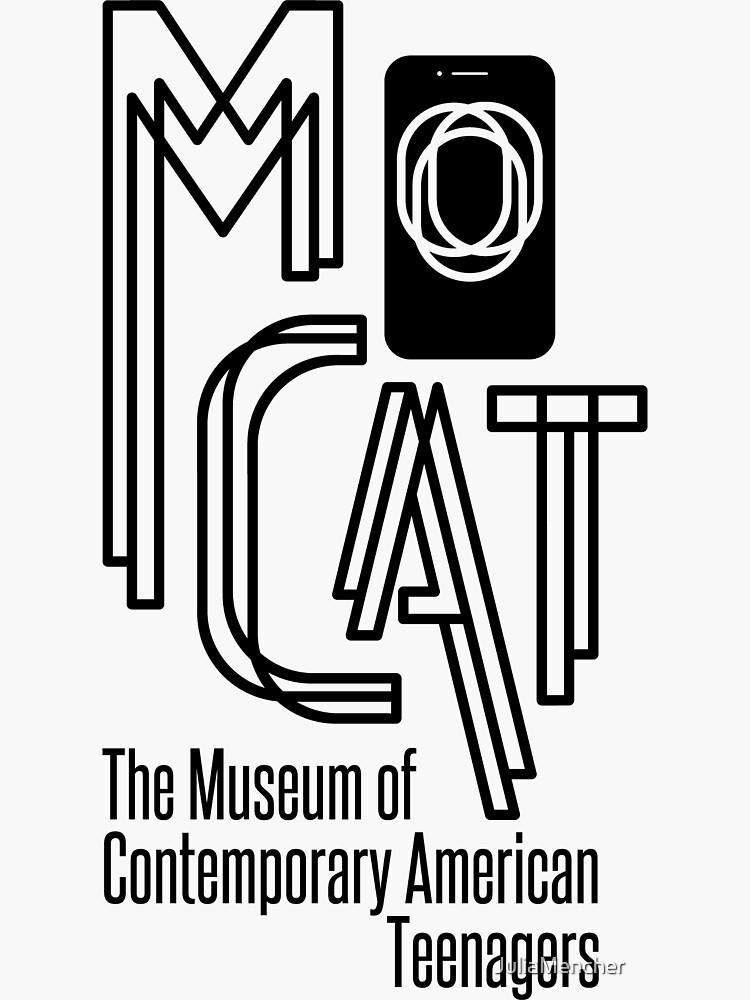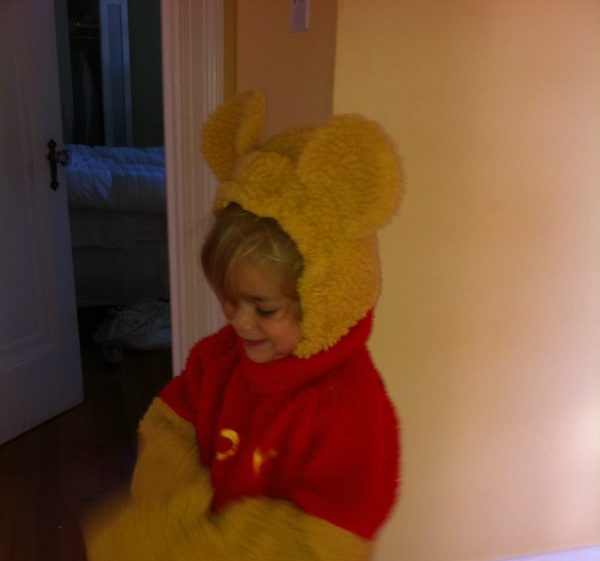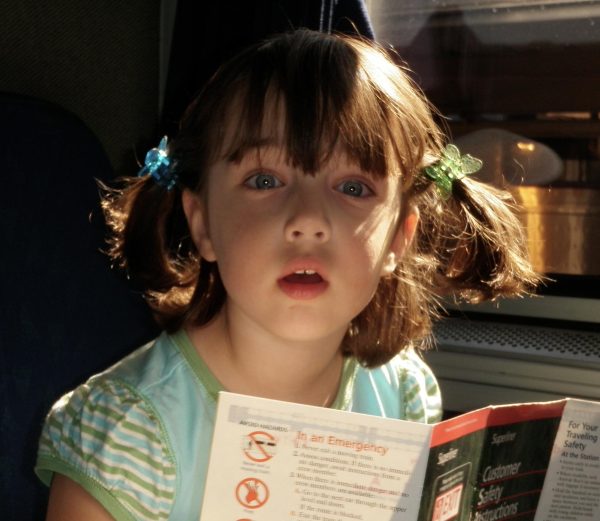The UCLA Center for Scholars and Storytellers released a study about young people’s media consumption in relation to their political views and likelihood to vote. It found that Generation Z participants were 26% more likely to vote for Kamala Harris due to Harris’s notable social media presence.
According to Yalda Uhls, the center’s founder and CEO, co-author of the study, and adjunct professor in UCLA’s Department of Psychology, “Young adults are increasingly getting news from TikTok, reporting social media as the most authentic form of media.” The data demonstrated that with the influence of popular social media platforms, young people appeared to be more up-to-date in political spheres, which influenced their preference to vote for Kamala Harris. However, younger voters across the board could be biased towards Harris’s campaign for reasons beyond social media.
On the other hand, The New York Times article “Trump’s Win Leaves Democrats Asking: Where Are Our Bro Whisperers?” written by journalists Benjamin Oreskes and Kellen Browning, outlines the large support from Gen Z men for Trump in this election. Three weeks prior to the election, a podcast episode from Bussin’ With The Boys hosted by two former football players, Will Compton and Taylor Lewan was held to discuss “Donald Trump On How Success Will Unite America + The Future Of Media.” Trump explicitly was questioned about why he decided to involve himself in podcast studios regularly. “It’s a young world,” he explained “… You’re in a young world right?” The polling data suggest that this sparked a lot of interest amongst Gen Z men that appealed to Trump’s mission to speak on traditional masculinity while focusing on the economic insecurities these men can relate to.
Another factor that could be driving youth voter preferences is celebrity endorsement. Written by journalist Ravi Hari, the Mint article “Why Hollywood’s Star Power Couldn’t Win the Vote for Kamala Harris? Social Media Has the Answer” goes into detail about the effect and significance of celebrity endorsement on Harris’s run for the presidency. Well-known celebrities such as Taylor Swift, Beyoncé, and Lebron James spoke at rallies advocating for issues Harris pinpointed in her campaign, along with promoting her on social media to receive more voters. However, social media users seemed to have strong opinions on the poor influence these endorsers inflicted.
Some social media users accused celebrities of “lacking authenticity,” or simply creating a “ staged narrative.” Many users contemplated whether or not these celebrities were actually investing their time in politics or only in it for the money. “Turns out people don’t take paid celebrity endorsements seriously,” remarked one user. Another financially motivated comment was made regarding the campaign’s production style, stating “The use of flashy performances and celebrities was seen as a way to manufacture support, rather than building a genuine connection with voters.” However, these criticisms could apply to either candidate.
With Trump’s prosperous agenda to focus on the “manoverse,” a constellation of Youtubers, pranksters, and streamers who influenced young men in helping Trump win the vote, they have often described the democratic party as a failure. Brian Tyler Cohen, a popular democratic influencer, mentioned, “Republicans have used culture as a gateway to politics … These are people who are influential to young men through culture, and then politics comes along with it. We do not have that infrastructure.”
The power of the media was relevant to both candidates, though their approaches seemed to be widely different. Kamala Harris used endorsements from well-known celebrities and popular platforms, like TikTok, to appeal to the interest of the public. Donald Trump used alternative tactics such as podcast platforms to win over the vote of questioning generations. As the results came in, it was clear that many were left discouraged, while others optimistic.

